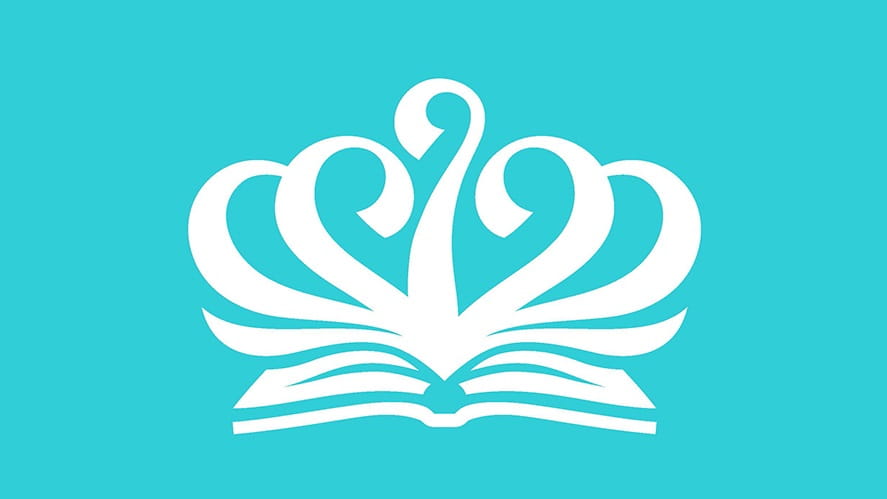Reading in Secondary School
At NAISAK, Reading Week provides students and staff with the opportunity to share their love of literature in a variety of focused and creative activities. Students are able to develop their ‘soft skills’ such as communication, teamwork and resourcefulness through a range of creative activities across the curriculum. However, reading is not just reserved purely for one week. Reading for pleasure is promoted across Secondary School to all learners. It not only assists in developing a student’s reading ability, comprehension skills, and overall literacy but also fosters creativity and imagination. Furthermore, proficiency in reading allows students to confidently access the curriculum in all subjects and therefore enhance student understanding and attainment in their studies.
Research has shown that young people who like to read very much are three times as likely to read above the level expected for their age compared with young people who do not enjoy reading at all. Similarly, young people who read outside class daily are five times as likely to read above the expected level for their age compared with young people who never read outside class[1].
What skills does reading help to improve?
- Comprehension skills- Students can understand organisation and structure of texts, understand ideas and arguments, know the meaning of unfamiliar words and extract information quickly.
- Vocabulary- Students will have an increased range of vocabulary on a variety of topics.
- Critical thinking and higher order thinking skills.
- Imagination- Students can think and write creatively about realistic and fictitious scenarios.
- Grammar and overall accuracy- Students can use a variety of punctuation, sentences lengths and can alter the structure and overall organisation of their work.
- General knowledge- For example, reading about the context and history of Shakespeare would support studies of history in Humanities. Reading and understanding a news report on climate change supports learning and understanding in Science.
- Understanding of other cultures- Students are of different cultures, customs and ways of life and this is therefore what makes us different or similar as human beings. This allows students to add alternative interpretations to their work, and at IGCSE this is needed to access grades B and above in English.
Reading Facts
- Reading for 30 minutes daily adds up to 185 hours of reading over a year. From year 1 to year 6 that totals 1,110 hours! That is the equivalent to an additional 46 days of learning that could support your child and prepare them for the demands of Secondary School.
- The more types of reading materials there are in the home, the higher students are in reading proficiency, according to the Educational Testing Service.
- Poor literacy can hold people back in their adult lives.
- Better literacy skills are connected to higher earnings.
- Students who do not read frequently regress in their reading age as reading and literacy skills must be developed continuously.
The National Literacy Trust: Children and Young People’s reading.
